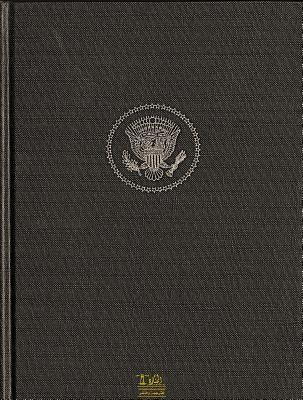- Bible
- Read the Bible
- Bible Versions
- Verse of the Day
- Reading Plans
- Verses by Topic
- Books of the Bible
- Bible Images
- Study
- Commentaries
- Concordances
- Dictionaries
- Encyclopedias
- Sermons
- Bible Atlas & Maps
- BP Wiki
- Devotionals
- Today's Devotionals
- Light of the World
- All Devotionals
- Inspirational Quotes
- More
- Picture Quotes
- Videos
- Inspirational
- Bible Study
- What The Bible Says
- Bible Q&As
- Daily Bread
- Bible by Genre
- Bible Stories
- Random Bible Verse
- Community
- Store
The Complete Works of William Cowper
by William Cowper
The very extensive sale of the former editions of the Works of Cowper, in eight volumes, now comprising an issue of no less than seventy thousand volumes, has led the publishers to contemplate the present edition in one volume 8vo. This form is intended to meet the demands of a numerous class of readers, daily becoming more literary in taste, and more influential in their character on the great mass of our population. At a period like the present, when the great framework of society is agitated by convulsions pervading nearly the whole of continental Europe, and when so many elements of evil are in active operation, it becomes a duty of the highest importance to imbue the public mind with whatever is calculated to uphold national peace and order, and to maintain among us a due reverence for laws, both human and divine. The faculty also and taste for reading now exists to so great an extent, that it assumes a question of no small moment how this faculty is to be directed; whether it shall be the giant's power to wound and to destroy, or like the Archangel's presence to heal and to save? Many readers require to be amused, but it is no less necessary that they should be instructed. To seek amusement and nothing further, denotes a head without wit, and a heart and a conscience without feeling. An author, if he be a Christian and a patriot, will never forget to edify as well as to amuse. There are few writers who possess and employ this happy art with more skill than Cowper. His aim is evidently to interest his reader, but he never forgets the appeal to his heart and conscience. It is strange if amidst the flowers of his poetic fancy, and the sallies of his epistolary humour, the Rose of Sharon does not insinuate its form, and breathe forth its sweet fragrance. No one knows better than Cowper how to interweave the sportiveness of his wit with the gravity of his moral, and yet always to be gay without levity, and grave without[vi] dulness. He is also thoroughly English, in the structure of his mind, in the honest expression of his feelings, in his hatred of oppression, his ardour for true liberty, his love for his country, and for whatever concerns the weal and woe of man. Nor does he ever fail to exhibit National Religion as the only sure foundation for national happiness and virtue. The works of such a writer can never perish. Cowper has earned for himself a name which will always rank him among the household poets of England; while his prose has been admitted by the highest authority to be as immortal as his verse.
BUY NOW
ebook, 1432 pages
Published June 20th 2019 by Lighthouse Books for Translation
© 2025 Bibleportal.com All rights reserved.

William Cowper was an English poet and hymnodist. One of the most popular poets of his time, Cowper changed the direction of 18th century nature poetry by writing of everyday life and scenes of the English countryside. In many ways, he was one of the forerunners of Romantic poetry. Samuel Taylor Coleridge called him "the best modern poet", whilst William Wordsworth particularly admired his poem 'Yardley-Oak'.
Cowper suffered from severe manic depression, and although he found refuge in a fervent evangelical Christianity, the inspiration behind his much-loved hymns, he often experienced doubt and feared that he was doomed to eternal damnation. His religious sentiment and association with John Newton (who wrote the hymn "Amazing Grace") led to much of the poetry for which he is best remembered.
William Cowper was an English poet and hymnodist. One of the most popular poets of his time, Cowper changed the direction of 18th century nature poetry by writing of everyday life and scenes of the English countryside.
He was born in Berkhamsted, Hertfordshire, England. After education at Westminster School, he was articled to Mr. Chapman, solicitor, of Ely Place, Holborn, in order to be trained for a career in law.
Later he settled at Huntingdon with a retired clergyman named Morley Unwin and his wife Mary. Cowper grew to be on such good terms with the Unwin family that he went to live in their house, and moved with them to Olney, where John Newton, a former slave trader who had repented and devoted his life to the gospel, was curate. At Olney, Newton invited Cowper to contribute to a hymnbook that Newton was compiling. The resulting volume known as Olney Hymns was not published until 1779 but includes hymns such as "Praise for the Fountain Opened" (beginning "There is a fountain fill'd with blood") and "Light Shining out of Darkness" (beginning "God moves in a mysterious way") which remain some of Cowper's most familiar verses. Several of Cowper's hymns, as well as others originally published in the "Olney Hymns," are today preserved in the Sacred Harp.
Cowper was seized with dropsy in the spring of 1800 and died in East Dereham, Norfolk.
... Show more